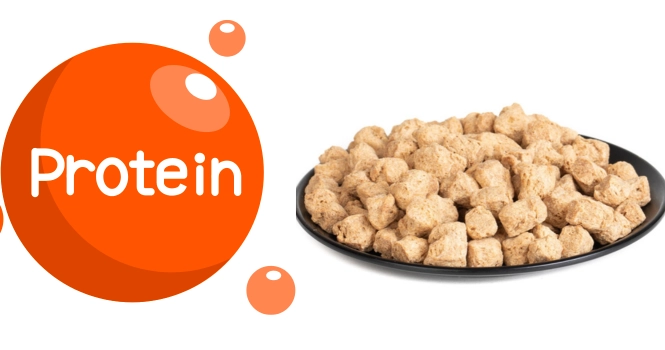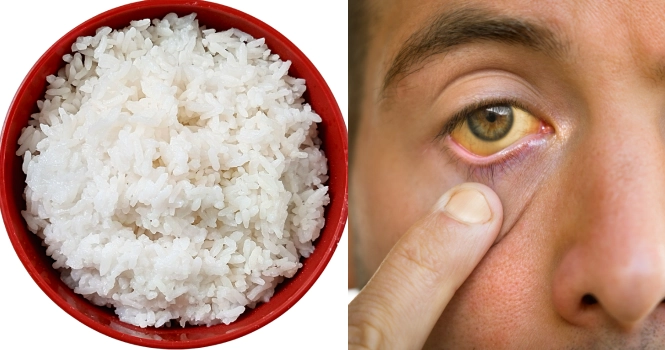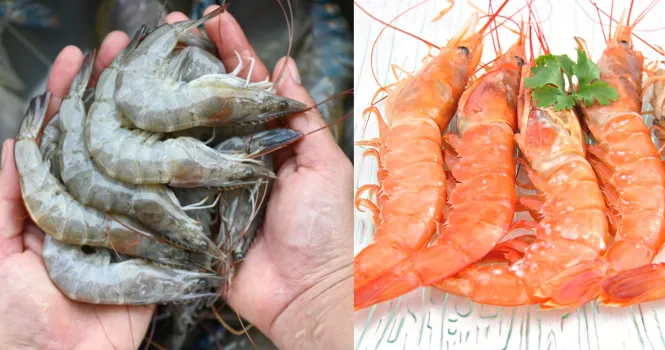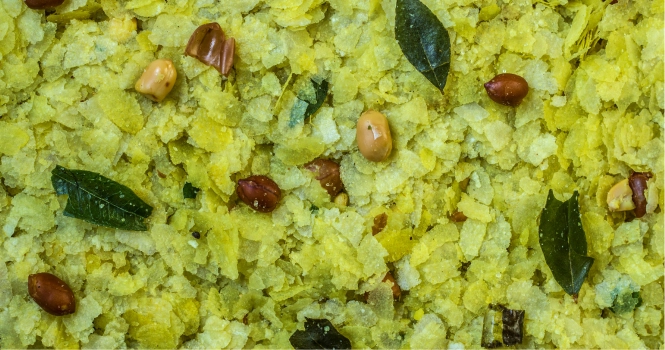Exploring the Bioavailability of Protein in Soya Chunks

Before we look into the bioavailability of Protein in Soya Chunks, Lets see
What is Protein Bioavailability?
Protein bioavailability refers to the proportion of protein that is digested, absorbed, and utilized by the body for its various functions, including muscle repair, hormone production, and enzyme activity. Not all proteins we consume are equally bioavailable, meaning the body cannot always use the entire amount of protein ingested.
Several factors influence protein bioavailability:
1. Source of Protein: Animal proteins (such as those from meat, dairy, and eggs) are generally considered to have higher bioavailability compared to plant-based proteins.
This is because animal proteins are more similar to human proteins and contain all essential amino acids in the right proportions.
Plant-based proteins might lack one or more essential amino acids, making them less bioavailable unless combined with other protein sources to achieve a complete amino acid profile.
2. Preparation and Processing: The way food is prepared and processed can impact its protein bioavailability. For instance, cooking can denature proteins, making them easier to digest, whereas excessive heat or certain processing methods might reduce digestibility.
3. Anti-nutritional Factors: Some plant-based foods contain anti-nutritional factors like phytates and tannins that can bind to proteins and inhibit their absorption.
Proper cooking methods, such as soaking, sprouting, and fermenting, can reduce these compounds and enhance protein bioavailability.
4. Digestive Health: An individual’s digestive health and efficiency also play a crucial role in protein bioavailability. Conditions affecting the stomach, pancreas, or intestines can impair protein digestion and absorption.
Understanding protein bioavailability is essential for optimizing dietary protein intake, especially for individuals with higher protein requirements, such as athletes, elderly people, and those recovering from illness or surgery.
It’s also a key consideration in vegetarian and vegan diets, where combining different plant-based protein sources is crucial to ensure an adequate intake of all essential amino acids.
Now Let’s look into,
Bioavailability of Protein in Soya Chunks
The bioavailability of protein in soya chunks is relatively high compared to many other plant-based protein sources, but it might be slightly lower than that of animal-based proteins. Soya chunks, made from defatted soy flour, are a concentrated source of soy protein, which is considered a complete protein because it contains all the essential amino acids required by the human body.
Factors Influencing Bioavailability in Soya Chunks
1. Complete Amino Acid Profile: Soya protein is unique among plant proteins for its comprehensive amino acid profile, which enhances its bioavailability.
However, the balance of amino acids in soy might not be as perfect for human needs as animal proteins, slightly affecting its overall bioavailability.
2. Processing: The process of making soya chunks, which includes extrusion cooking, can affect the protein’s structure, making it more digestible and potentially increasing the bioavailability of the protein.
3. Anti-nutritional Factors: Soybeans contain anti-nutritional factors like trypsin inhibitors, which can interfere with protein digestion.
However, the manufacturing process of soya chunks typically involves heat treatment, which significantly reduces these inhibitors, thereby improving protein bioavailability.
4. Phytates: Soy also contains phytates, which can bind minerals and reduce their absorption, but they have less impact on the bioavailability of the protein itself.
The effect of phytates on mineral absorption can be mitigated by consuming foods rich in vitamin C or using cooking techniques like soaking and fermenting.
Comparative Bioavailability
While soya protein’s bioavailability is generally high, it may still be slightly lower than that of high-quality animal proteins like those from eggs, milk, or meat, which are considered the gold standards for protein bioavailability.
The difference in bioavailability is often minimal and is unlikely to be of significant concern for most healthy individuals, especially if the overall diet is well-balanced and includes a variety of protein sources.
For vegetarians, vegans, and those reducing animal protein intake, soya chunks provide a valuable source of high-quality protein. Ensuring a variety of protein sources and employing proper cooking methods can further enhance protein bioavailability from soya chunks and other plant-based foods, supporting overall dietary protein adequacy.












